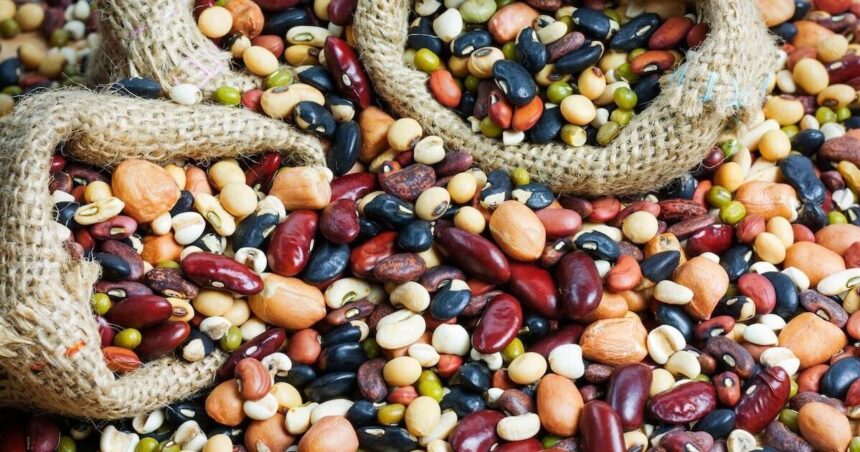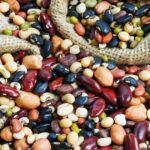SATURDAY, Sept. 14, 2024 (HealthDay News) — Beans may sometimes give you gas, but one expert says that shouldn’t stop you from incorporating them into your diet.
Despite the potential for gas, beans are rich in nutrients that promote good health.
“Beans are unique because they serve as a protein source, yet they are also complex carbohydrates,” explained Dr. Mopelola Adeyemo, a clinical nutritionist at UCLA Health in Los Angeles.
According to the U.S. Department of Agriculture (USDA) dietary guidelines, beans are also classified as vegetables.
Adeyemo emphasized that no other food product can offer all of these benefits simultaneously.
You don’t need to consume large quantities of beans to enjoy their nutritional advantages.
“One of the most significant benefits of beans is their high fiber content,” noted Adeyemo in a news release from UCLA Health.
For instance, a half-cup serving of black beans contains 8 grams of fiber, which is about 25% of the recommended daily fiber intake.
Beans are an excellent source of plant-based protein, making them a valuable addition to vegetarian, vegan, or reduced meat diets.
In addition to fiber and protein, beans contain essential nutrients such as potassium, copper, folic acid, iron, magnesium, and vitamin B6.
Adeyemo emphasized the role of beans in using food as medicine, particularly due to their high fiber content.
Fiber aids in lowering cholesterol absorption, regulating blood sugar, preventing constipation, reducing the risk of colon cancer, and assisting with weight management.
However, the high fiber content in beans may lead to bloating and gas, especially for individuals not accustomed to consuming beans regularly.
Adeyemo recommended starting with small portions or gradually increasing bean intake throughout the day to minimize gas-related side effects.
Soaking dry beans overnight and incorporating digestion-friendly herbs like cumin, coriander, fennel, and ginger can help reduce gas production.
While there are various types of beans available, all offer similar health benefits, with minimal differences in fiber, protein, and other nutrients.
“Select the beans that you enjoy the most,” Adeyemo advised.
SOURCE: UCLA Health, news release, Aug. 26, 2024





